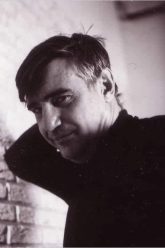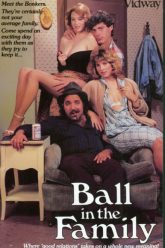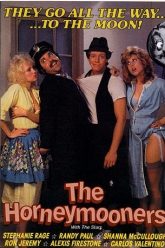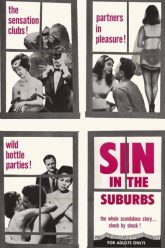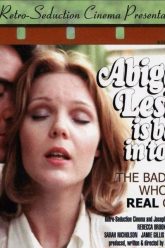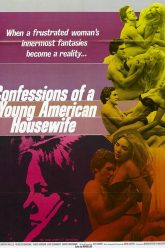Overview
Born March 15, 1921 in Brooklyn, New York City, New York, USA
Died April 26, 2010 in New York City, New York, USA (complications from a fall after a long illness)
Mini-Bio
Joseph W. Sarno is one of the pioneering directors of the sex-exploitation or “sexploitation” film genre. Known for a distinctly economic style and an abiding interest in tense, psycho-sexual character development, Sarno has also come to be recognized as one of the true geniuses to emerge from the sexploitation form.
He continued to direct under various pseudonyms in the hardcore-sex feature genre of the 1970s and 1980s, but is best remembered for such pre-pornographic classics as Sin in the Suburbs (1964), Moonlighting Wives (1966), The Bed and How to Make It! (1966) and Inga (1968). Along with Russ Meyer and Radley Metzger, Sarno is one of the few sex-exploitation auteurs to receive critical attention. In recent years his work has been the subject of retrospectives at the New York Underground Film Festival, the Torino Film Festival in Turin, Italy, and the Cinémathèque française in Paris.
Spouse
Peggy Steffans (10 April 1970 – 26 April 2010) ( his death) ( 1 child)
Trivia
Served in the US Navy during World War II.
Cousin of Joe Santos and Perry Santos.
Time magazine’s film critic Richard Corliss provided the words of remembrance in the magazine’s “Milestones” section (Issue May 17, 2010).
Owner of Joe Sarno Productions.
Father of Matthew Sarno.
Personal Quotes
Power is a theme in many of my films: people have power over others just by force of will and their overwhelming personalities. I’m a great believer in the force of will.
My point of view is more or less always from the woman’s point of view; the fairy tales that my films are based on are from the woman’s point of view. I stress the efficacy of women for themselves. In general, I focus on the female orgasm as much as I can — women have much more imagination then men! I think sex is supposed to be a lot of fun.
I was born a rebel. In film, I get outside of the acceptable framework as often as possible. I think that is what a filmmaker’s goal should be — to get outside of what, at the time, is the established framework.

